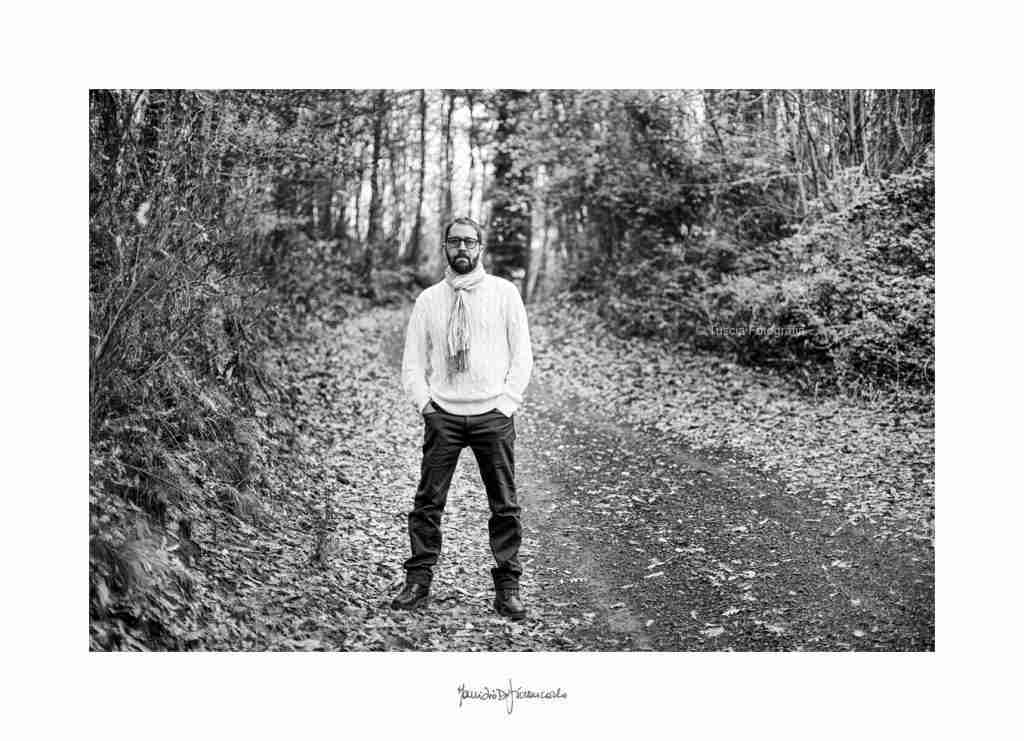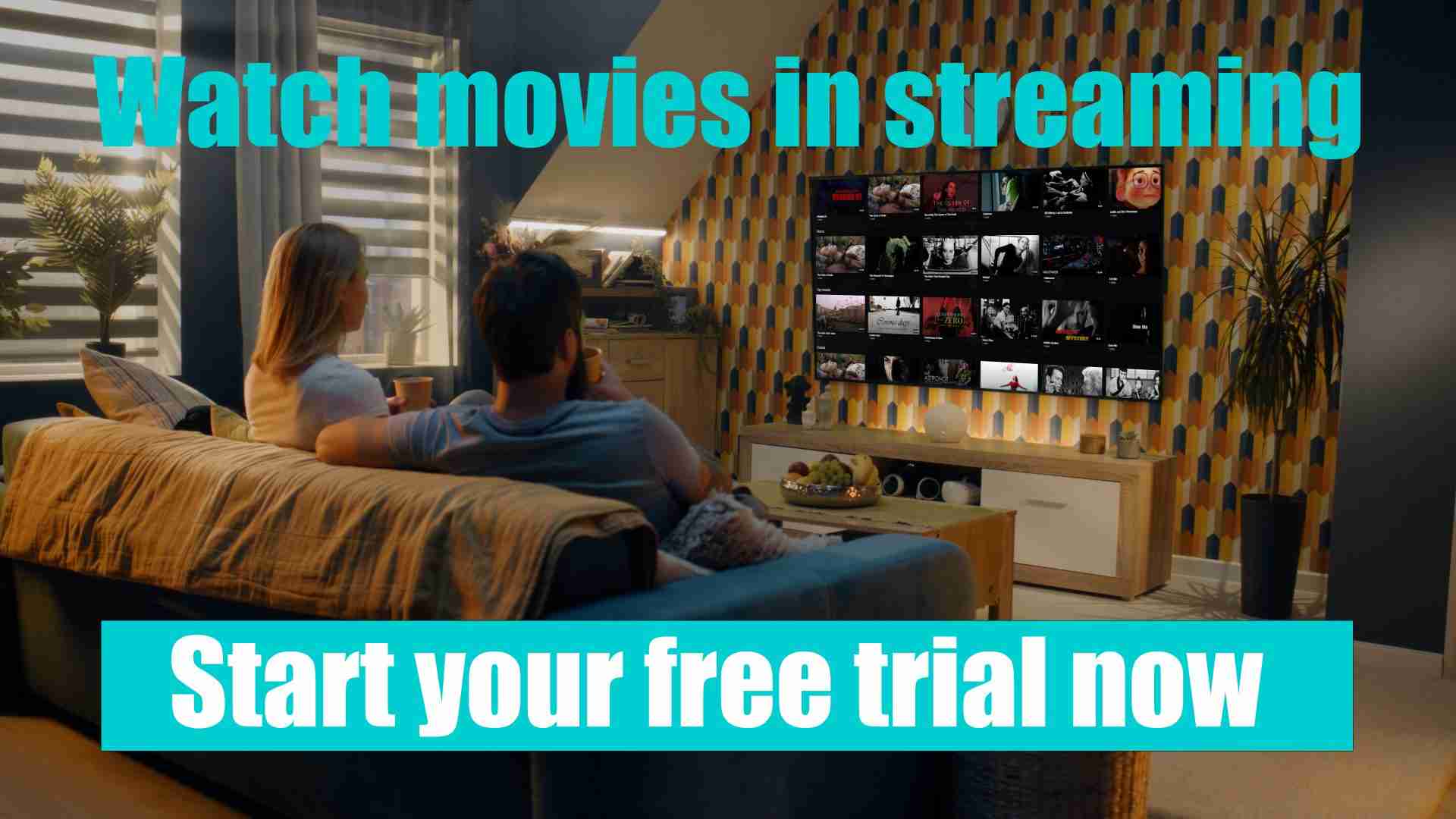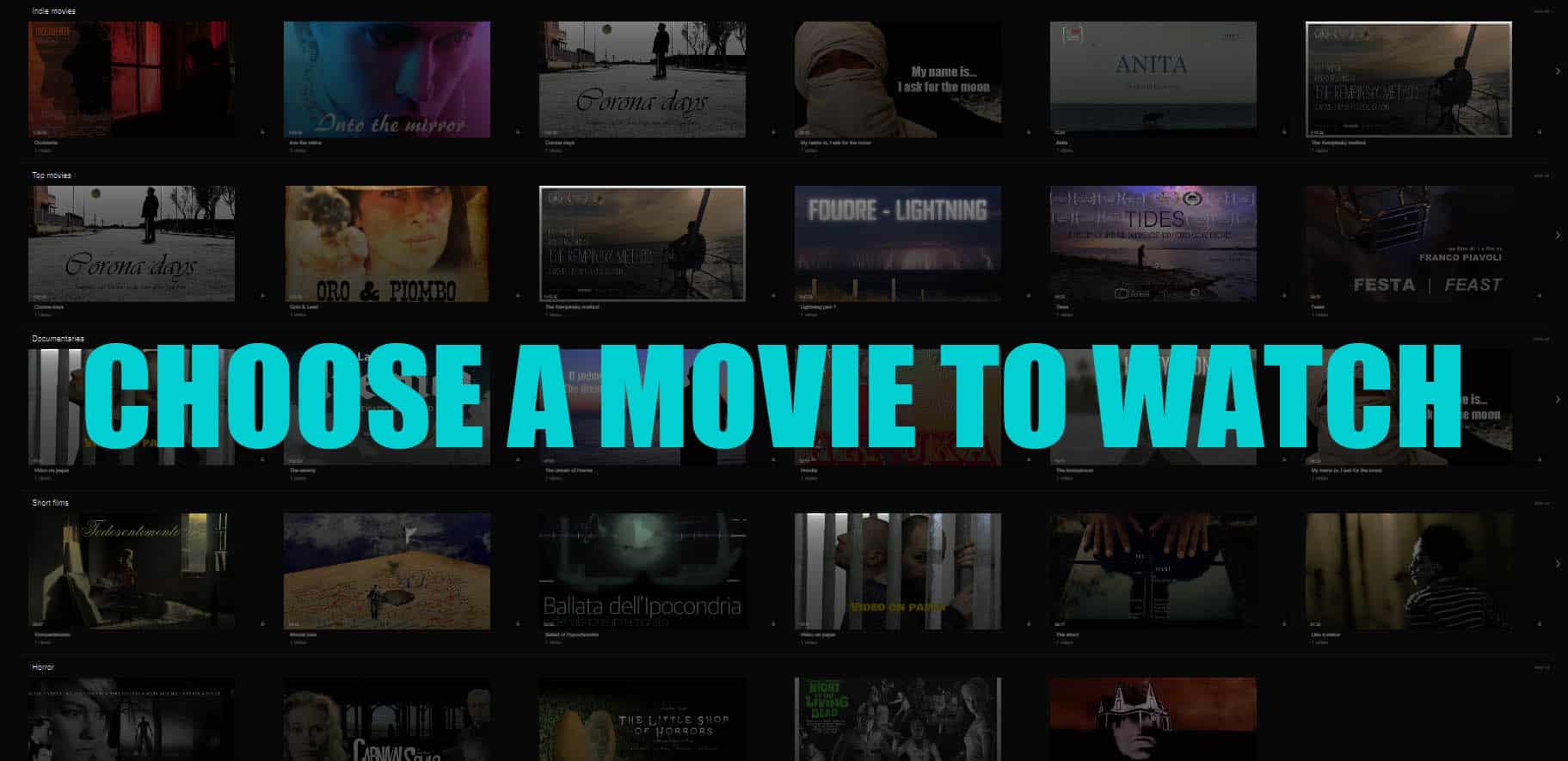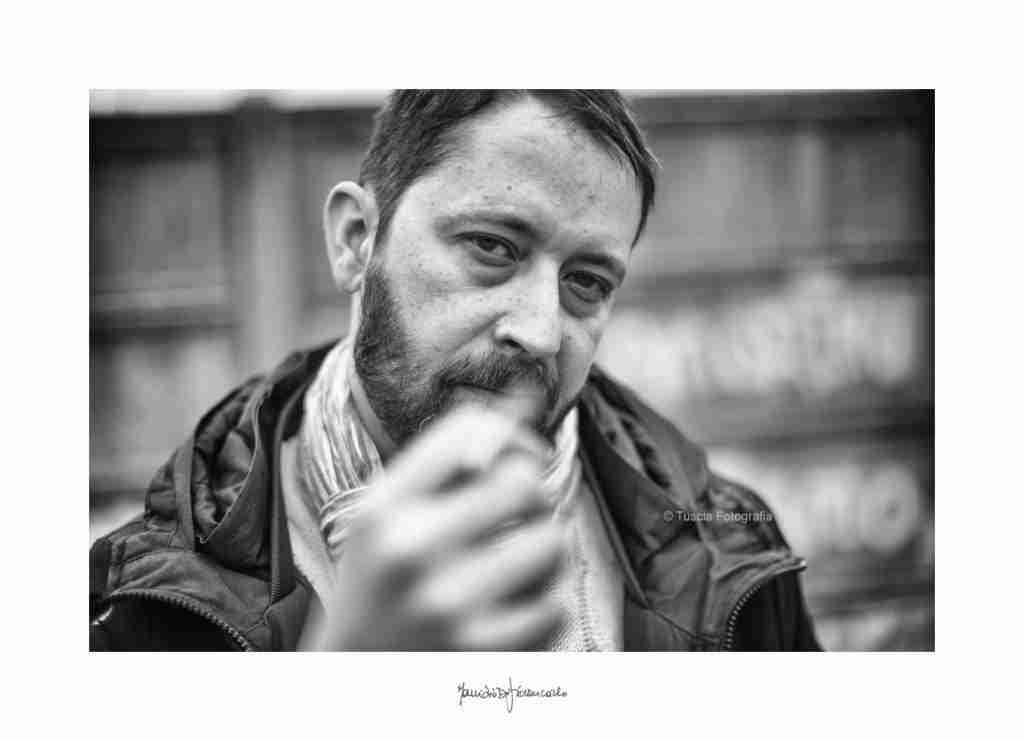
The director of the highly appreciated documentary “Una risata ci salverà” (A laugh will save us), in competition at the Indiecinema Film Festival, tells us about the genesis of this work
The happening scheduled for Thursday 23 May at the Circolo ARCI Arcobaleno in Rome will host some really interesting works in competition at the third edition of the Indiecinema Film Festival. Among these is the documentary Una risata ci salverà by Michelangelo Gregori. A compelling investigation into the relationship between comedy and religion, in which several successful stand-up comedians participated as well as Piergiorgio Odifreddi, Moni Ovadia, the beloved journalist Sergio Staino and the filmmaker Alessandro Aronadio. We talked in more depth about all this with the author of the documentary!
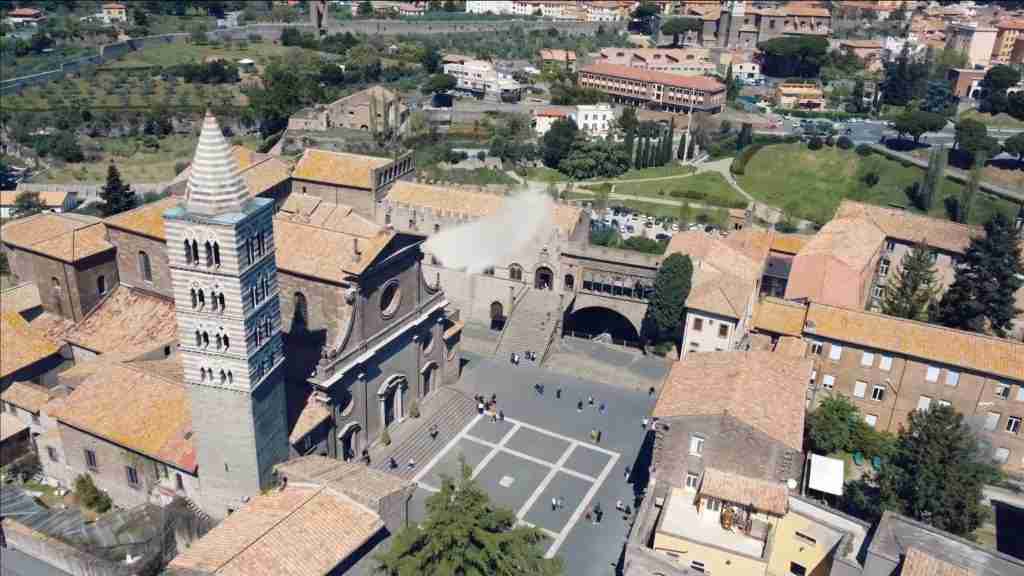
The genesis of such an interesting movie’s project
The incipit of your documentary refers to the Myth, to classical culture, and then proposes in a rather creative and, if desired, iconoclastic way, references to a more recent religious culture (if you want to define it that way), which has often exhibited severe conduct, even aggressive, towards laughter and satire. What can you tell us about it, Michelangelo?
This is exactly the point and it is the initial construction that I wanted to give in the incipit, taking a great cinematic classic, The Seventh Seal by Bergman, who was one of the most censored and modified authors in Italy, with alterations in the editing and adulteration of dialogues to the point of their complete cancellation when faith in God was hit by doubt or denial. So I wanted to reconstruct in a satirical key the iconic chess challenge, which becomes a game of the Jenus of Nazareth board game, modifying the knight and death in what is the classic iconography of Jesus and a man full of doubts. As in the 1957 film, instead of a passage from the Bible, it seemed interesting to me to start with an ancient papyrus that narrates the creation of the world thanks to a laughing god.
Starting right from the beginning of the project, how did the idea of dedicating a documentary to these topics come about? And what do you think, on a personal level, about a theme like censorship?
The idea was born over time, I have always been passionate about humour, comedy and satire and I wanted to tell something that had never really been attempted before. Some insiders told me that it wouldn’t work, or that to talk about satire and religion it was enough to think of “Don Camillo” by Guareschi. Then there was Charlie Hebdo and all the battles, first with drawn swords, then denied by some and quickly forgotten by others, and I understood that it was time to talk about it seriously. Of course, it took 4 years and a concept of self-production for the reasons mentioned above and to have the mental and narrative freedom of not necessarily having to take sides or be censored or modified, because the worst of censorship is that “white” as Antonio Rezza defines it and it is the a priori censorship that prevents a work from being conceived and created.
How does this work fit into your career as a director and actor?
For now it has been my greatest effort, as I was saying from the day of the first interview 4 years passed (with a pandemic in the middle) before I managed to conclude it, and a part of my brain in this period of time has always been focused on project, even when I was doing something else, so there was a real risk that it could all get out of hand, it wasn’t easy even for those around me, especially my partner, but in the end I think I can say that this immense effort it was repaid and it became, although niche, a nice business card for all my work.
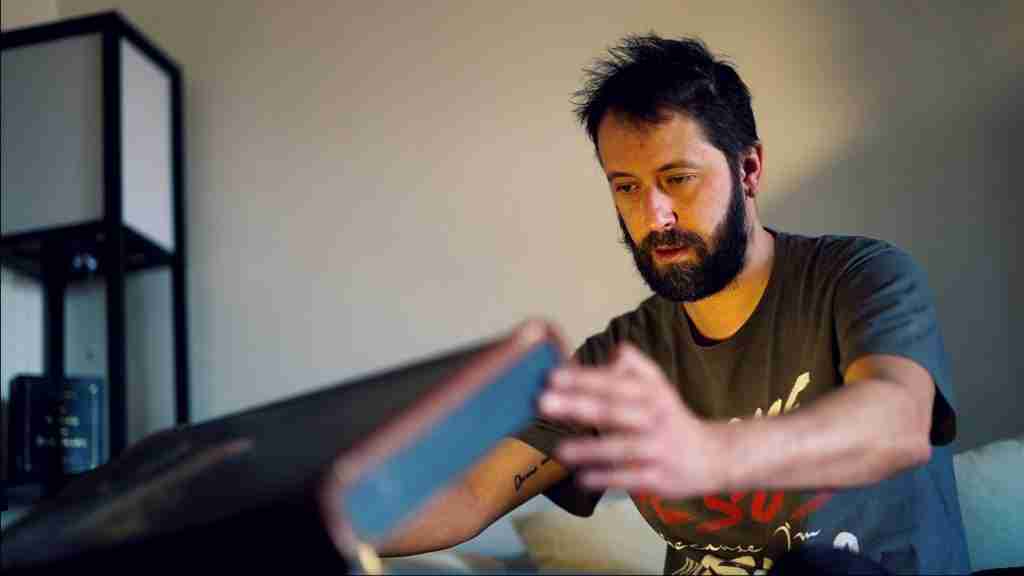
The protagonists and the possible cinephile models
How were characters from various professional and artistic fields (journalism, entertainment, advertising, philosophy, anthropological research) enlisted to offer their contribution to the discussion in “una risata ci salverà?
I studied a lot, I had a list of many people who deal with the topic and I tried to contact them in the simplest way: via email or social media. Those who wanted to listen to me did so with wonderful availability, I remember for example the passed way Sergio Staino who responded to a very long introductory email simply with: “tell me where and when“! Or when I was organizing with Piergiorgio Odifreddi who urged me “you should let Moni Ovadia speak” “he’s on my list, I’m waiting for a response to the email” “I’ll give you the phone number first“.
More specifically, compared to the individual interviews, how did the relationship develop with Alessandro Aronadio, a director we particularly respect?
I saw Alessandro Aronadio‘s Io c’è at the cinema, it was the perfect film for my documentary, I wrote to him reminding him of an anecdote, namely that about 20 years earlier at a festival on Lake Bracciano we were both competing in a festival (not we met) but I still remembered very well the scene of one of his short films with a beautiful Asian girl on the seashore half naked; from that memory we started talking and he introduced me to his film Orecchie which I was struck by, so much so that he interceded with the production I managed to include a small but significant scene in the documentary.
Which are your models in documentary cinema? Do you also think, like the rest of us, that documentaries today can offer particular brilliant ideas, at the moment of their creation, then giving the viewer an even more compelling narrative journey than much fiction cinema?
To be honest, let’s say that I haven’t lived my documentary models but I have always been fascinated by the reportage of Sergio Zavoli, Pier Paolo Pasolini and Silvano Agosti‘s way of doing things. I’m happy to say that the last of them saw the documentary and had some wonderful words about it. The dissemination method I chose, which is why they told me it wouldn’t work, was to show the interview and ask questions with the camera in front… it’s no longer used and for this very reason it worked, it just took the ability to make everything fluid with editing and cinematic sub-text, which does not weigh down the amount of information arriving, but lightens it while creating new attention. Therefore each job is independent, when the logic is to build something that you would like to see and that you will not get tired of seeing or reviewing, without thinking much about sales strategies for sectors of interest, you have the freedom to be able to make things work.
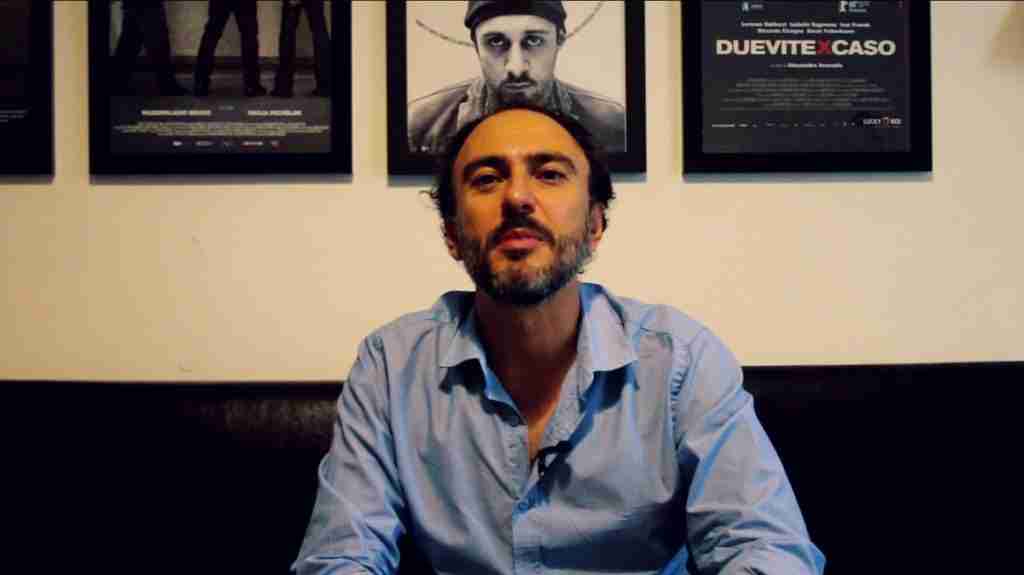
Production and distribution issues…
Also given the sensitivity of the topic, was it difficult to get such a film produced? And more generally, a question that we ask everyone at Indiecinema Film Festival, what do you think as an author of the production and distribution spaces that Italy offers to independent cinema?
Having a work like this produced is not difficult, believe me, it is impossible, already when you say: I want to talk about satire and religion together, stop, a thousand problems arise. A production that aims for entertainment immediately says “STOP! It’s not sellable”, even independent companies that still have to look for funds and do product placement, even if small, hesitate. You know, we also talk about the direction you want to take, they can tell you that this is not the way to work, because if you take funds from an organization linked to religion or made up of atheists, you will necessarily have to modify some concepts to be able to be on that line of idea. I took my professionalism and my freedom and borrowed that of all those who believed in the idea, from the protagonists to the musicians, from those who subtitled it to the editor. However, there are realities that start from the bottom that I discovered thanks to this documentary and which work very well, such as OpenDDB or Produzioni dal Basso.
Finally, what circulation is your film having, among festivals and other channels?
Since last year it has been going beyond the wildest expectations, starting from festivals with over 50 official selections and 27 awards won all over the world, starting from the first as “best documentary” at the Apulia Web Fest in September last year. It is important for me that it is screened at festivals and that it then becomes known thanks to OpenDDB of Bologna (Distribuzioni dal Basso) it is possible to see it on demand from the internet or request it for film clubs or cinemas at Una risata ci salverà – Openddb:
a distribution reality that starts from the bottom and that is giving just as much satisfaction, in this month of May, a lot; we started from the film club of the historic GRIDAS association in Scampia, up to the premiere at the Viterbo cinema, we are in competition at the Est Film Festival and here at Indiecinema and at the end of the month in Siracusa for the Post CinemaFilm Fest. I really believe that the more people see it, the more they are interested in it, and spreading the word about these hidden works is very important because just as Silvano Agosti said, it’s not so much that they censor it, they can do much worse: they can IGNORE it and have it ignored taking it into oblivion!
